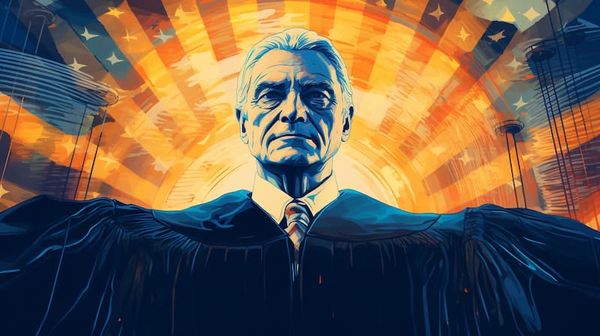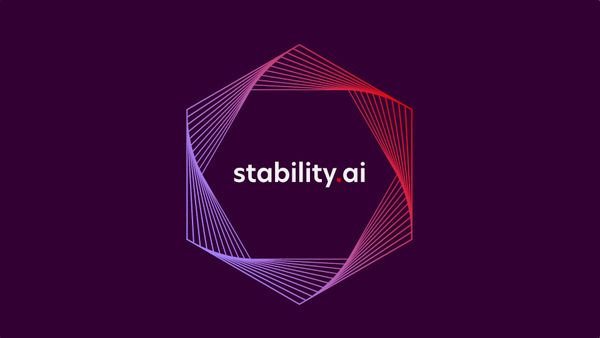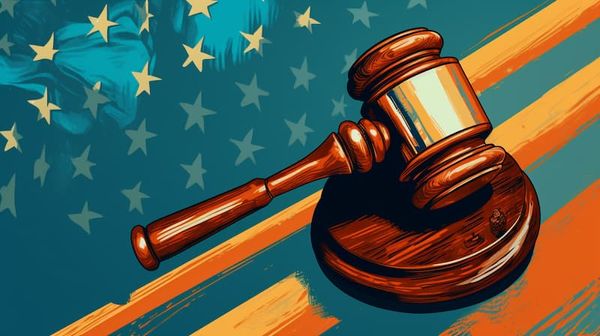Harvey AI, a start-up backed by OpenAI-managed investment fund, has partnered with global law firm Allen & Overy to automate some legal document drafting and research. This partnership is the first of its kind, according to the company, and could lead to more deals in the future.
Allen & Overy Tests Harvey AI with Over 3,500 Lawyers
Allen & Overy announced on Wednesday that more than 3,500 of its lawyers have already tested Harvey, which is based on OpenAI's GPT software. The London-founded law firm said it sees the adoption of generative AI technology as a serious competitive advantage and a way to save time on client work.
Generative AI Technology Becomes a Competitive Advantage for Law Firms
Several legal technology companies in recent months have rolled out new tools that incorporate generative AI, including for drafting and reviewing contracts. David Wakeling, an Allen & Overy partner who heads its markets innovation group, said, "I think over time it will be a serious competitive disadvantage" for law firms that do not adopt generative AI.
Harvey AI Designed
Harvey is designed to create tailored generative AI-driven products for different law firms and specific client matters. Although it serves as a starting point, the human lawyer will always check any AI-assisted work. Harvey received a $5 million investment last year in a funding round led by the OpenAI Startup Fund. Although financial terms of the deal have not been disclosed, this partnership marks a significant step forward for generative AI technology in the legal industry.
Takeaway
the partnership between Harvey AI and Allen & Overy marks a significant advancement in the use of generative AI technology in the legal industry. As more law firms adopt this technology, it is likely that they will gain a competitive advantage and be able to save time on client work. With Harvey AI's ability to create tailored generative AI-driven products for different law firms and specific client matters, the potential for automation in the legal sector is enormous. As the legal industry embraces this technology, it is important to ensure that the human lawyer remains an essential part of the process and continues to review any AI-assisted work.








